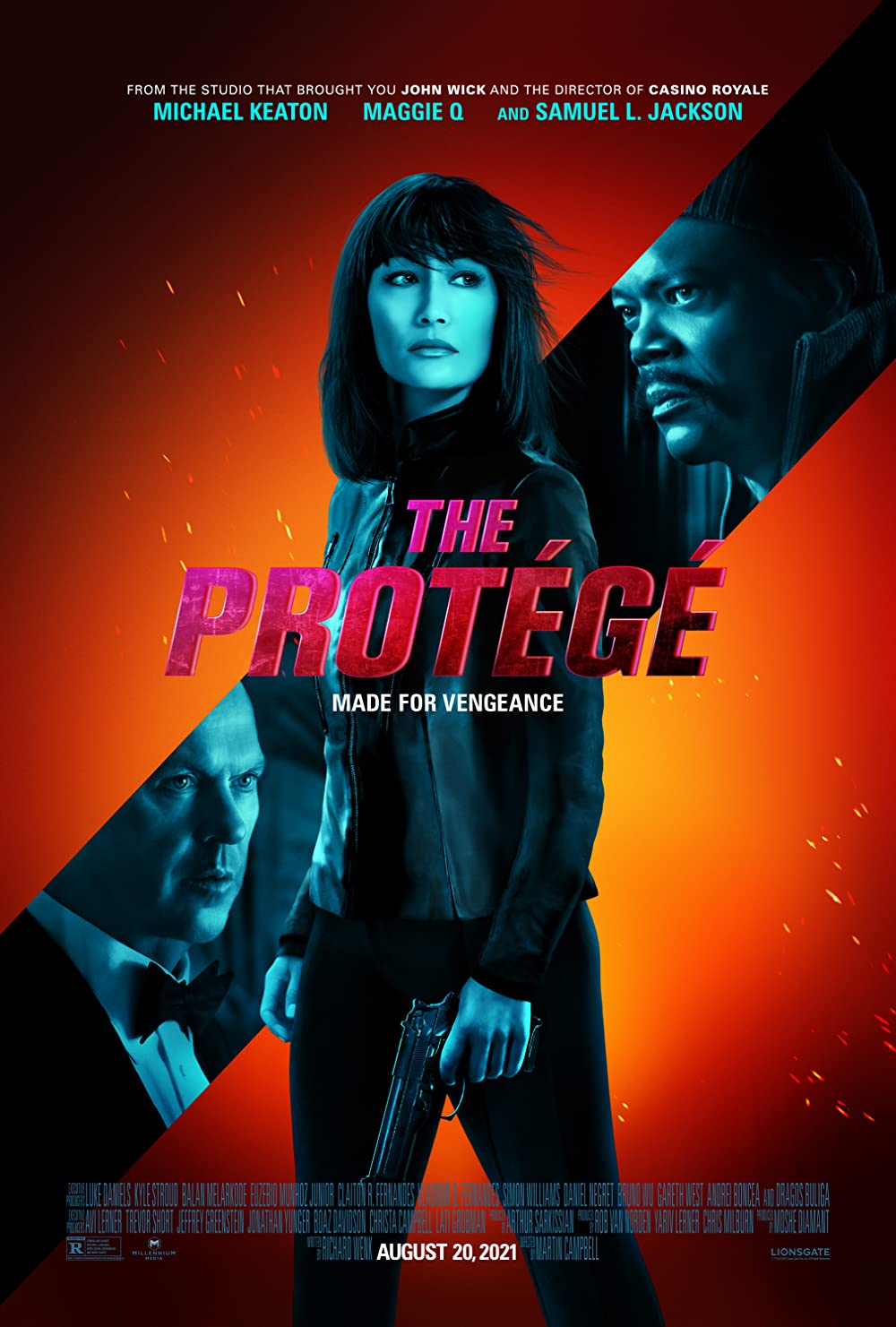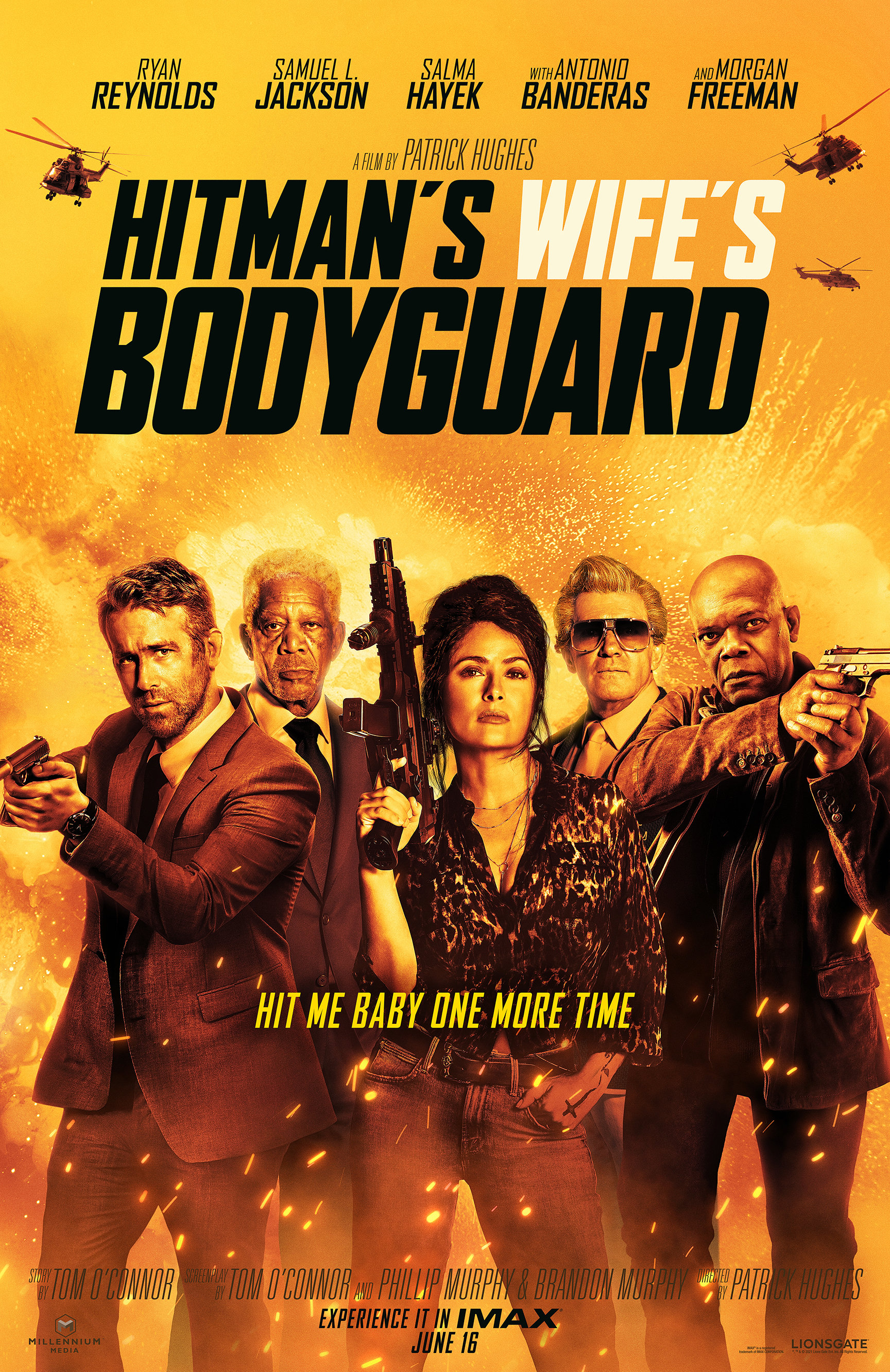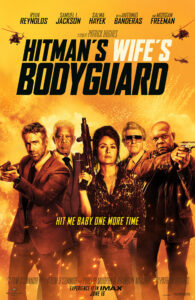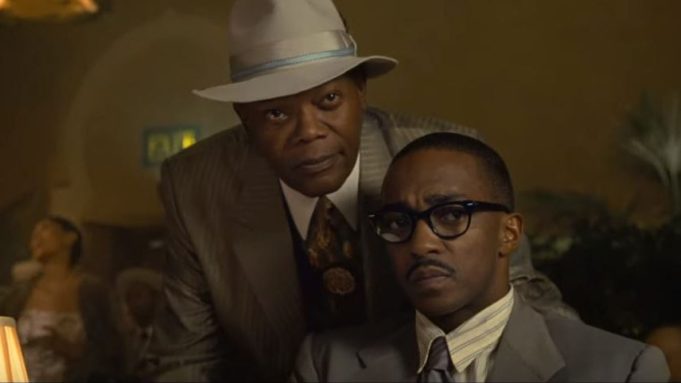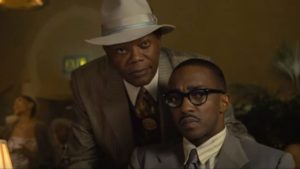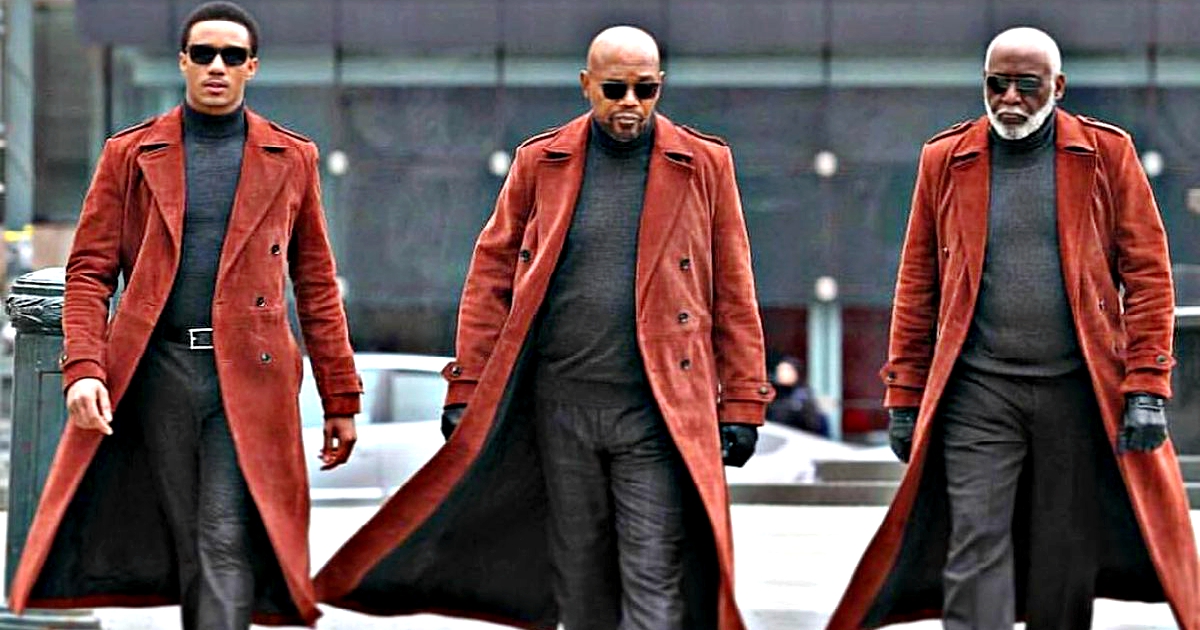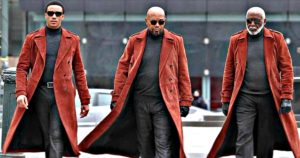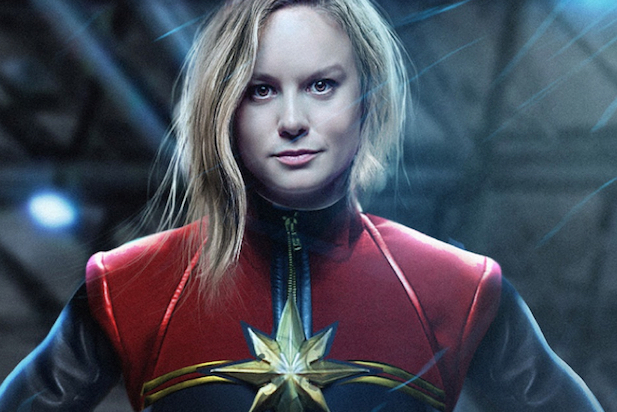The Protege
Posted on August 19, 2021 at 1:20 pm
B-| Lowest Recommended Age: | Mature High Schooler |
| MPAA Rating: | Rated R for some sexual references, language, brief nudity, strong and bloody violence |
| Profanity: | Very strong language |
| Alcohol/ Drugs: | Alcohol |
| Violence/ Scariness: | Constant very intense peril and violence with many disturbing and gory images, guns, knives, fights, bombs, waterboarding and torture, characters injured and killed, attempted rape of a child |
| Diversity Issues: | Diverse characters |
| Date Released to Theaters: | August 20, 2021 |
| Date Released to DVD: | October 18, 2021 |
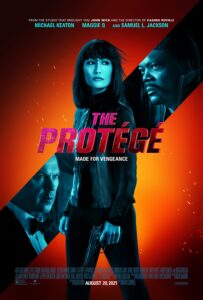
The always-great Maggie Q plays the title character, taken in as a child by Moody (Samuel L. Jackson), the world’s greatest paid assassin, after her family is killed. He cares for her like any loving parent who happens to be a paid assassin, supporting her passion for her bookstore specializing in rare and precious volumes, and teaching her how to take over the family business. She supports his passion for the finer things, too, including a birthday gift of an ultra-rare guitar he has always wanted, a Gibson ’58 Flying V. It’s just your typical loving father and daughter who happen to be, you know, paid assassins.
After we get a chance to see how good Anna is at her job, including “how to find things that don’t want to be found,” with the help of a friendly hacker who has an office behind a dry cleaner (just like “The Man From UNCLE!”). But even assassins may be vulnerable, and Moody has a bad cough and some very powerful enemies. He is killed, and Anna wants revenge. Say it with me, everyone: This time, it’s personal. There will be an old friend (the always-welcome Robert Patrick as a biker dude) who tries to persuade her that “You owe it to Maody to stay alive.” But Anna has to find out why Moody was killed and kill whoever was responsible.
There may be a connection to a customer who came to her bookstore. His name, improbably even in the context of a film that left probability behind about 3 minutes after the opening credits, is Rembrandt and he is played by Michael Keaton. In classic movie fashion, they flirt by knowing the same poem. Rembrandt is a fixer for a very bad guy with many minions. And unlike many fixers, he is not above getting messy. Are Rembrandt and Anna going to fight each other or have a more intimate tussle? What do you think?
It wants to be as stylish as “John Wick,” but it is not. Director Martin Campbell wants to replicate the sexy sword fight as romantic foreplay of “The Mask of Zorro,” but with these characters and this level of hand-to-hand combat, it does not work as intended. The mystery isn’t much of a mystery and you will not need a quirky hacker to figure it out. This is a good thing as he isn’t around for long. Let’s face it; this movie is just an excuse for a lot of action, from extended stunts to out-of-the-blue murders. For me, the gore and the weird vibe between Anna and Rembrandt were so extreme they took me out of the film; for some others that will be the point.
Parents should know that this is an extremely violent and gory movie with many characters injured and killed and many graphic and disturbing images. There are fights, explosions, guns, and knives, torture tactics, and a lot of gushing blood. Characters use strong language and there are sexual references, some nudity, and a non-explicit situation.
Family discussion: Do you agree that it is a gift to have a friend who won’t offer help unless asked? How are Moody and Anna different from the people who hire them?
If you like this, try: “The Professional,” “Gunpowder Milkshake,” and “The Transporter”

